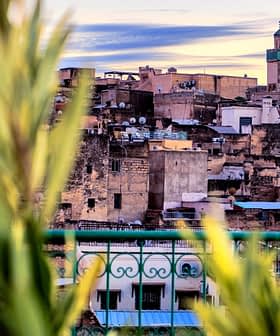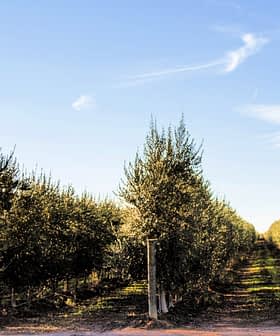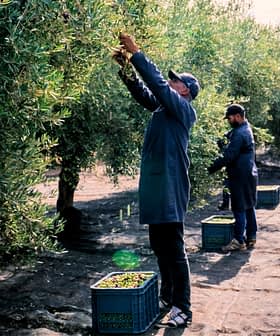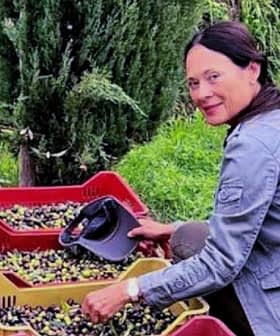Proposal Would Ban Solar Panel Installation on Italy's Farmlands
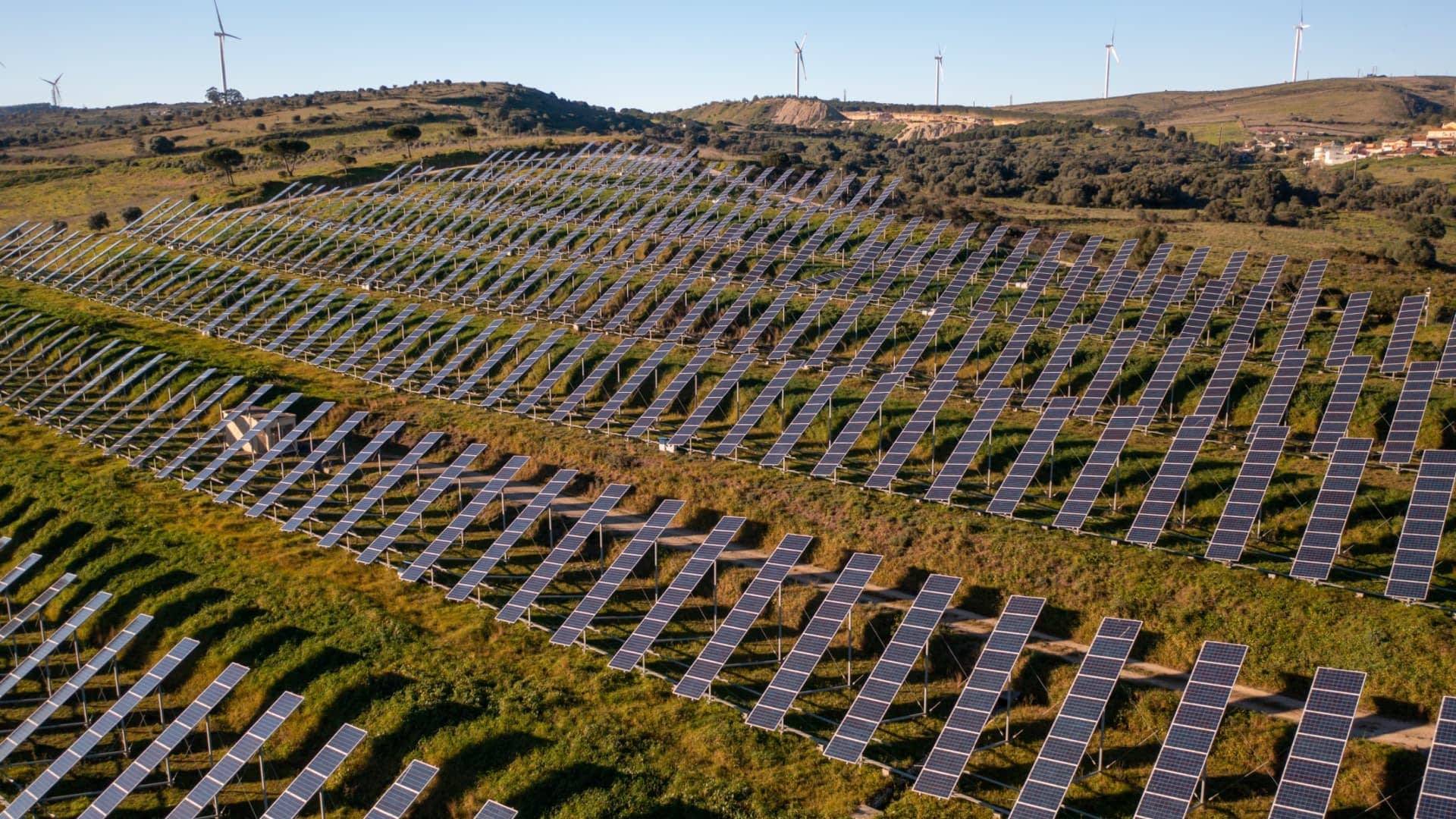
Proposed legislation in Italy would ban the installation of photovoltaic solar panels on agricultural land, with exemptions for agri-voltaic systems installed at a minimum height of 2.1 meters. The legislation aims to prevent speculation by investment funds and increase agricultural productivity, but is opposed by environmental groups who argue it hinders the country’s renewable energy goals.
Proposed legislation in Italy would ban the installation of photovoltaic solar panels on agricultural land, carving out exemptions for some agri-voltaic systems.
The announcement came a week after Italy committed to triple renewable energy capacity by the end of the decade at a meeting of G7 energy ministers.
“We put an end to the wild installation of ground-mounted photovoltaic [panels],” Francesco Lollobrigida, Italy’s agriculture minister, told a news conference after the measures were approved.
See Also:Italian Carbon Credit Supplier Receives International AccreditationHowever, he added that agri-voltaic systems in which solar panels are installed at a minimum height of 2.1 meters above the ground would be exempted from the prohibition.
“There are very advantageous tax provisions for agricultural entrepreneurs and agricultural land,” Lollobrigida said. “However, if you want to deploy photovoltaic panels on the ground, you are changing their intended use, and therefore, we do not believe that this type of practice should continue.”
Research published in April, which was co-authored by Italian academics from the Sapienza University of Rome, modeled the most efficient way to install bifacial solar panels in super-high-density olive groves without harming yield or quality.
They determined that solar panels installed between three and 4.5 meters at an angle between 20 and 40 degrees would harness the maximum possible amount of solar energy while resulting in only minor productivity decreases.
The study built on previous theoretical research in which scientists from Italy and Romania modeled how effective different olive grove-photovoltaic layouts would be in southern Italy. They found each hectare could produce up to 7.13 megawatts of power and include 900 Arbequina trees.
Despite the potential synergies, Coldiretti, Italy’s most powerful farmers’ union, applauded the proposed legislation and said it would crack down on speculation by investment funds, which has driven up the cost of agricultural land in recent years.
“We cannot accept the shortcut of photovoltaics,” said Luigi Pio Scordamaglia, Coldiretti’s director of international policies. “We don’t want to accept the inertia of an administration that decided not to invest and improve irrigation. We want to realize the full productive potential of that land again.”
Meanwhile, environmental groups opposed the legislation, citing it as incompatible with the country’s renewable energy goals.
“It is a serious mistake to slow down the development of photovoltaics with ground-mounted modules, which constitutes the most economical and efficient type of system,” the Italian Solar Association wrote in an open letter to the government.
Italia Solare estimates that installing solar panels on just one percent of the country’s fallow farmland would allow Italy to meet its 2030 solar commitments. Of Italy’s 16 million hectares of designated farmland, about one-quarter is left fallow due to environmental and socioeconomic factors.
Before it is passed into law, the proposed legislation will be scrutinized in both houses of parliament, which has the ability to make changes.
